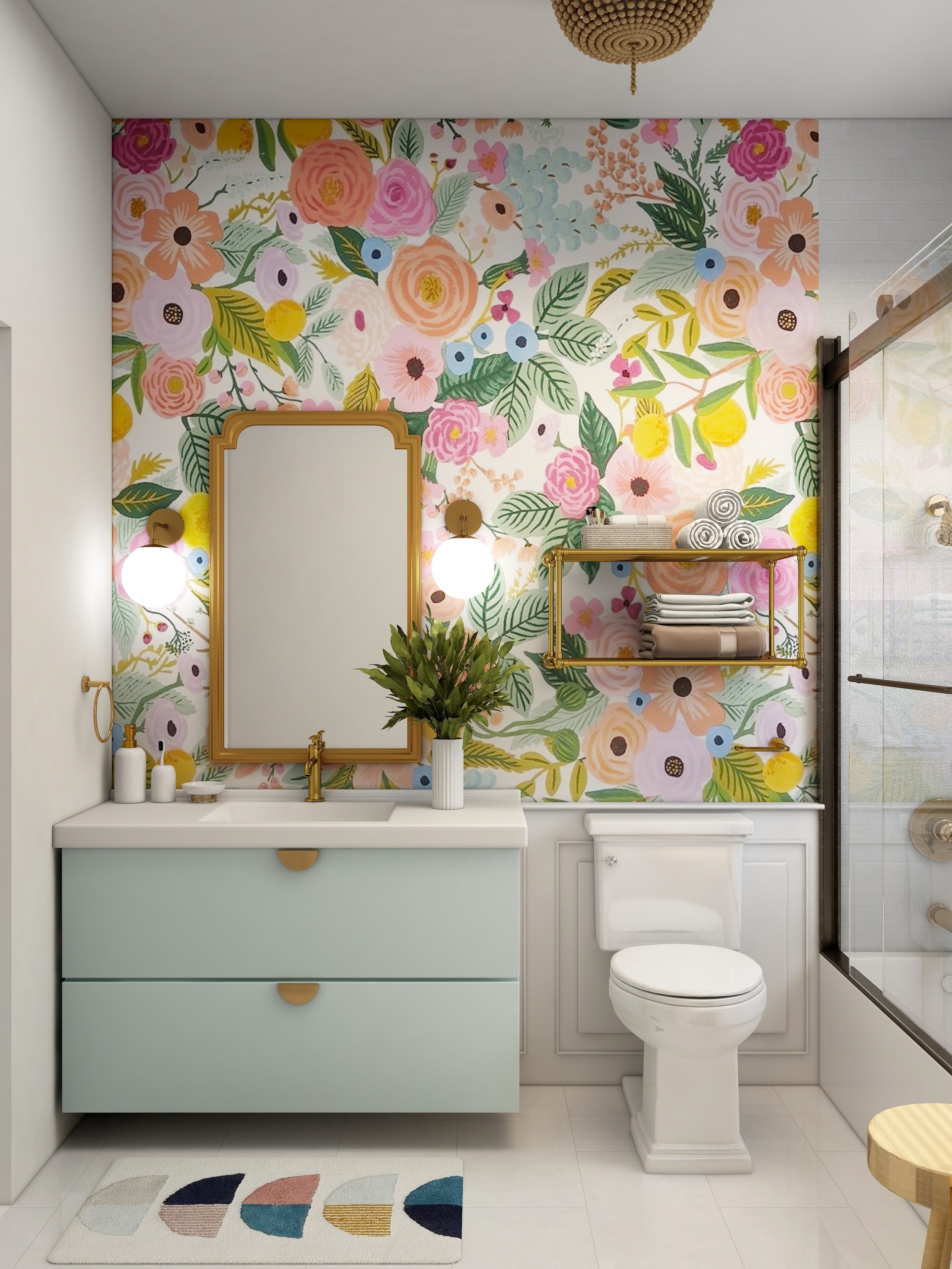It’s no secret that air conditioning units are an essential part of our homes, especially during sweltering weather.
However, some homeowners are hesitant to install or purchase AC units that might spoil the look and feel of their houses. They are essential to keeping your home comfortable to live in, however, they can also be an eyesore for your home’s décor. Nobody wants an ugly window air conditioning unit or bulky outdoor HVAC unit that spoils the ambiance of their well-decorated interior. Fortunately, there are many ways to hide an AC unit while still keeping it accessible.
In this blog post, we’ll share some great ideas and easy-to-follow techniques on how to conceal your AC unit and blend it into your home decor without going through a major renovation. Whether your AC unit is outdoors or indoors, we’ve got you covered!
Landscaping Around Your AC Unit
One of the easiest and most effective ways to hide your AC unit is to blend it into your surrounding landscape. You can hide it naturally amidst shrubs, and flowers, or even create a garden around it. You can plant trees like alder, maple, or fir that can grow tall enough to mask the AC unit. For shrubs, you can use boxwoods, holly, or euonymus. However, it's essential to make sure you leave enough clearance space between the plants and the unit for proper airflow. Add rocks or stones around the AC unit and you’ll have a visually appealing and functional feature.
Fencing
Depending on where the unit is situated, another great way to hide your AC unit is by installing a fence around it. You could use a lattice, wood, or wrought-iron fence, depending on the style of your house. To create a more stylish look, you can paint or stain the fence to match the exterior of your home. You can also plant ivy or vines around the fence to make it look like a natural part of your landscape.
Build a Screen or Enclosure
If you want complete coverage, consider building a custom screen or enclosure for your air conditioning unit. You can use wood panels or cinder blocks to construct a wall around the unit that can double as a seating area. You could even have a contractor build an attractive seating area or enclosure that perfectly hides the AC unit.
Make it Blend
If your AC unit is on the inside, there are some great and creative ways to make it blend into the overall look of your home. You can use wallpapers and decals to decorate the walls around the unit or get creative with furniture pieces. Using accessories like wooden boxes, decorative baskets, or ornamental shelves helps camouflage your air conditioning system in plain sight!
Cover When Not In Use
Another great option is to build a custom cabinet that surrounds the unit or even hang an art piece in front of it. This way, you’ll still have access to your AC, but nobody will notice it’s there. Alternatively, you can use removable panels or curtains to cover up the unit when not in use. If space allows, you might even install a sliding door so that you can open and shut it whenever needed.
The beauty of hiding your AC unit is that there are so many unique ways to do it. These ideas range from the exotic and artistic to the traditional and natural. No matter which idea meets your needs best, concealing your AC unit and blending it into your home décor not only makes for great aesthetics but also provides functional protection. Also, it’s important to remember that despite its attractiveness, the system should always have plenty of clearance for proper airflow and easy maintenance. You might want some extra help when it comes to air conditioner installation as professionals will be able to provide guidance and assistance with selecting the best AC unit for your home and ensure that it is securely installed and functioning optimally. This way, you can enjoy all the benefits of air conditioning without compromising on style or décor!
Related Links
If there is a home that you would like more information about, if you are considering selling a property, or if you have questions about the housing market in your neighborhood, please reach out. We’re here to help.
Search Homes in Colorado
Search Homes in Oklahoma
Search Homes in Oregon
Search homes in Minnesota







